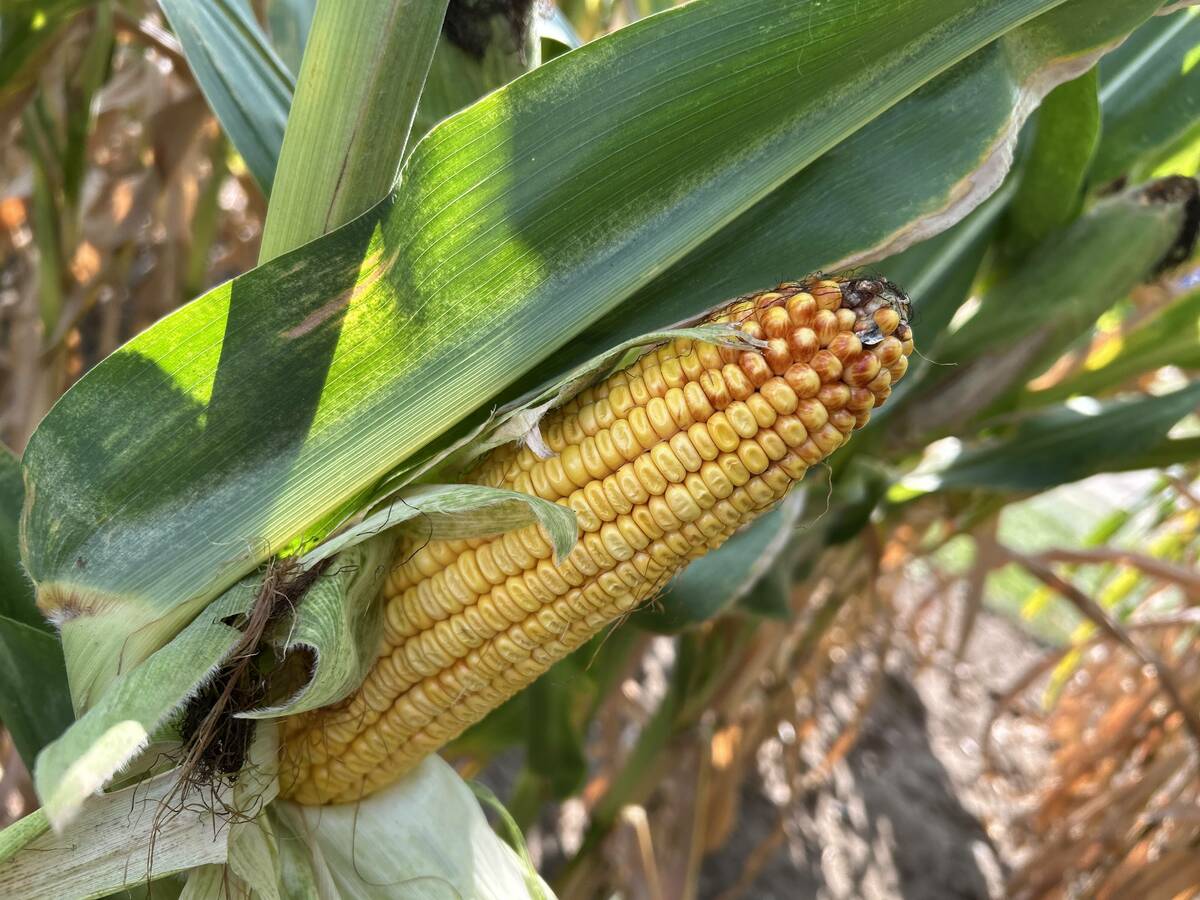LONDON, U.K. (Reuters) — The impact of last year’s record rainfall will squeeze Britain’s farmers well into next year and force makers of bread and biofuel to buy more costly imports.
Production of wheat, Britain’s most important arable crop, is set to fall to its lowest level in more than a decade this summer, forcing purchases of bread-quality grain from Europe and North America.
Livestock farmers have also seen their incomes plunge after wet conditions forced them to buy more feed at inflated prices following last year’s U.S. drought. The rain could also lower conception rates with fewer lambs and calves this spring.
Read Also

Crop estimates show mixed results
Model-based estimates used by Statistics Canada showed the 2025/26 crop year has seen increases in canola, corn for grain, oats and lentils production while seeing dips in spring wheat, durum wheat, soybeans and barley in comparison to 2024/25.
“I’ve never worked in an environment where the weather has been as bad, so we are in uncharted territory. This is going to impact cash flow in 2013-14 in both sectors (livestock and crops),” said Allan Wilkinson, head of agriculture at HSBC UK.
England had its wettest year on record in 2012, leading to high disease levels in crops and driving down wheat yields to a 23 year low.
Many farmers were also unable to plant crops last autumn because of saturated soil. A survey issued by the Home-Grown Cereals Authority earlier this month showed winter wheat area in England and Wales down 25 percent.
“When you drive around the countryside now, clearly the arable part of the U.K. looks in a patchy and fairly poor state compared with how it would normally look at this time of year,” Wilkinson said.
Analysts Strategie Grains recently forecast a British wheat crop of 12.1 million tonnes this summer, the lowest since 2001, which was the last time torrential rains and flooding created havoc during the key autumn planting season.
Rain has also made it harder for livestock to feed on grass, increasing the reliance on purchased feed at a time when its cost has soared following last year’s U.S. drought.
“Weather-impacted output coupled with increased input costs have hit farming over the last year. Livestock producers are among the hardest hit,” National Farmers Union economist Anand Dossa said.
Government figures for the 2012-13 season, which concluded at the end of last month, showed steep falls in average incomes for livestock farmers in England. The hog and dairy sectors were down by 50 and 42 percent, respectively.
Beef and sheep producers saw a 44 percent income decline in lowland areas and a 52 percent drop in upland regions.
“Over the long term, most farms have a strong balance sheet, but just at the moment the cash position is really quite a squeeze,” said Graham Redman, research economist at farm consultants the Andersons Centre.
“There will be casualties (among farm businesses), and this is about the time they are going to start coming out of the woodwork.”
The rain also caused headaches for those who rely on British crops. Producers of bread and biofuel are being forced to look overseas to offset domestic quality concerns.














